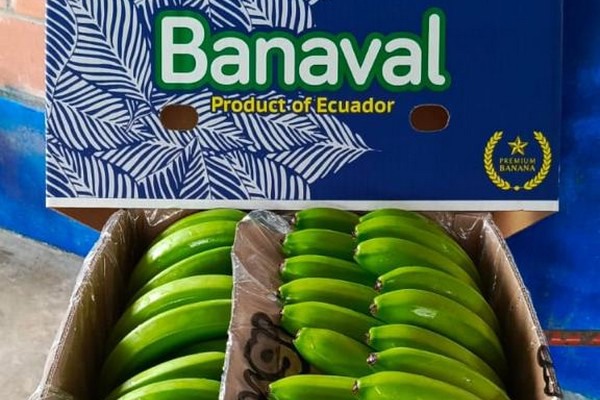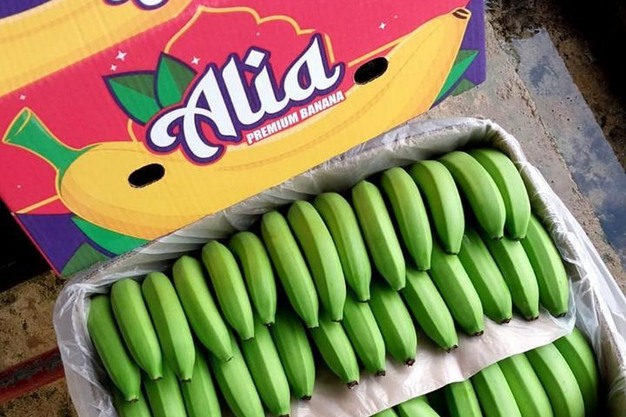The drought in many banana growing areas in Ecuador as well as a high disease burden of Moko is causing serious problems for growers in the country. Ecuador's government also introduced new power cuts due to the drought. According to Patricio Catapano, CEO of the banana exporter Banaval, based in Ecuador, "At the moment Ecuador is facing few serious problems. There is drought in almost all provinces where bananas are grown, in particular in El Oro. The Moko disease is also present."

Large parts of Ecuador turned dark from Sunday, 22 September 2024, due to the government shutting down electricity in half of the country's 24 provinces. Historic droughts have reduced water levels at many of the countries hydroelectric power plants. The government has instituted eight-hour long power cuts at night, from Monday to Thursday. The military has also been called in to manage strategic dams.

However, the electricity shutdown is not expected to immediately affect banana growing and exports, says Catapano. "The energy cut off started on Monday 23 September. The energy cut-off, is not causing big problems, all the ports work with generators," he states.
The drought and the plant disease burden of Moko is causing them financial problems, says Catapano. "All financial problems we have has made the production drop. That is why the prices are increasing. To be honest, in general demand is not that big, but for the fact that we have low production the price is very high."

Banaval's main export markets are Algeria, the Middle East, Europe and Russia, where the demand for bananas has steadily increased. "Despite these challenges, our industry and company are working hard to grow, harvest and export the bananas to the world markets," concludes Catapano.
Banaval will be at Fruit Attraction in Madrid, visit them at Stand 4 E04.
For more information:
Patricio Catapano
Banaval
Tel: +593 939 809 359
[email protected]
www.banaval.com.ec
